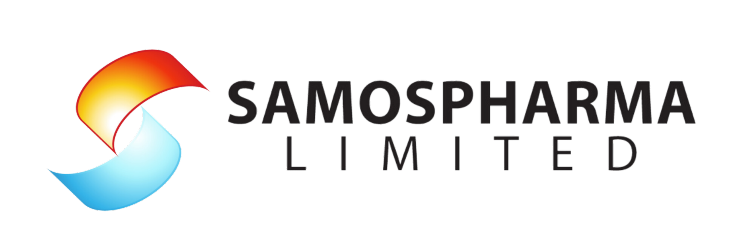Samospharma Challenges BBC Africa Eye Report, Demands Retraction
Samospharma Limited has issued a strongly worded press release refuting allegations made in the BBC Africa Eye documentary, which linked the company to the illegal importation of unapproved opioids into Ghana. The company categorically denies any involvement in the trade of Tapentadol and Carisoprodol, describing the claims as baseless, defamatory, and an act of criminal impersonation.
Samospharma’s Official Position
In a statement released on February 23, 2025, Samospharma asserted that it has never imported, distributed, or facilitated the entry of the substances in question. The company expressed outrage over the lack of verification by the BBC investigative team and questioned the journalistic integrity of the report.
“At no point did the BBC/BBC Africa Eye enter the offices/facilities of Samospharma to ascertain the veracity of their claims, and this we find very scandalous and libelous,” the company stated.
Samospharma maintains that it operates strictly within Ghana’s regulatory framework, complying with guidelines set by the Food and Drugs Authority (FDA), the Pharmacy Council, and other relevant agencies.
Legal Actions Taken by Samospharma
In response to the allegations, Samospharma has taken immediate legal action, which includes: ✔ Issuing a cease-and-desist order to BBC Africa Eye and its partners. ✔ Filing formal complaints with FDA Ghana, CID-Ghana Police, and the Indian High Commission regarding suspected criminal impersonation. ✔ Preparing legal action against BBC and its collaborators for defamation. ✔ Fully cooperating with authorities to uncover the real perpetrators behind the illegal opioid trade.
Demand for Retraction and Correction
Samospharma has called on BBC Africa Eye to immediately retract and correct the misleading claims made in its investigative report. The company argues that its wrongful implication detracts from efforts to prosecute the real offenders in the illegal pharmaceutical trade.
“We demand that BBC Africa Eye immediately retract and correct its misleading claims,” Samospharma said in its statement.
Commitment to Ethical Pharmaceutical Practices
While refuting the allegations, Samospharma reaffirmed its commitment to providing high-quality, effective, and safe medications in strict adherence to regulatory guidelines. The company also expressed support for efforts to combat drug abuse and reiterated its longstanding record of compliance with all industry standards.
“Samospharma and its subsidiaries remain unwavering in their commitment to distributing safe, effective, and high-quality medications,” the statement read.
Next Steps & Industry Implications
Samospharma’s response has sparked a debate over corporate accountability, investigative journalism ethics, and regulatory enforcement within Ghana’s pharmaceutical industry. With the company firmly denying any wrongdoing and taking legal steps to clear its name, several critical questions remain:
- Will the BBC issue a retraction or defend its reporting?
- How will Ghanaian authorities handle the allegations of criminal impersonation?
- Will Samospharma’s legal action lead to significant changes in media investigations concerning corporate malpractice?
As the dispute unfolds, Ghana’s pharmaceutical sector finds itself under renewed scrutiny, with Samospharma determined to protect its reputation amid one of the most high-profile industry controversies in recent history.








